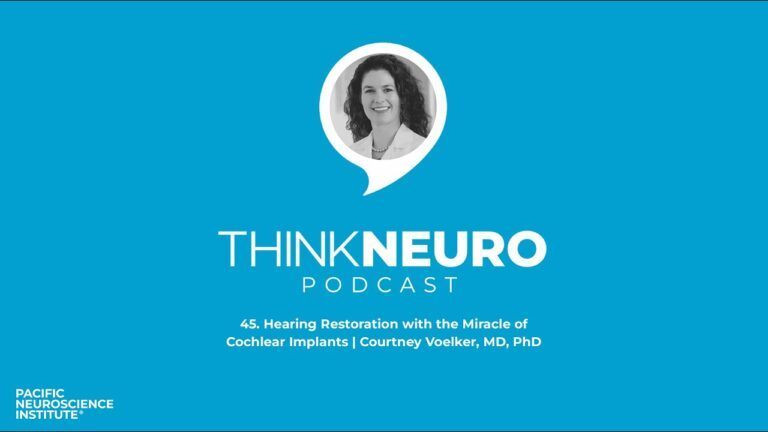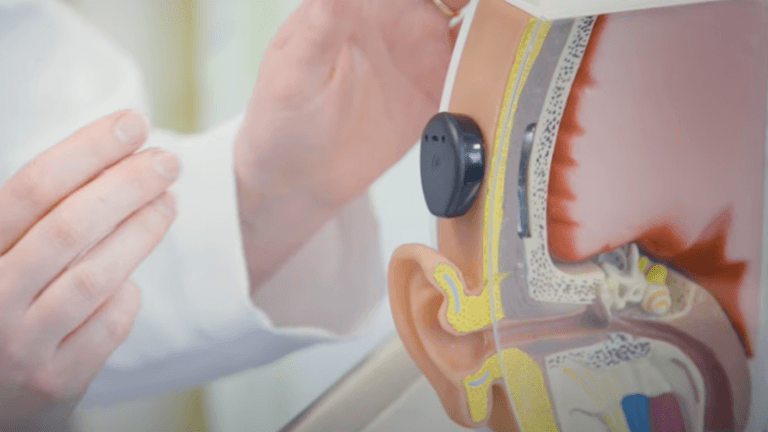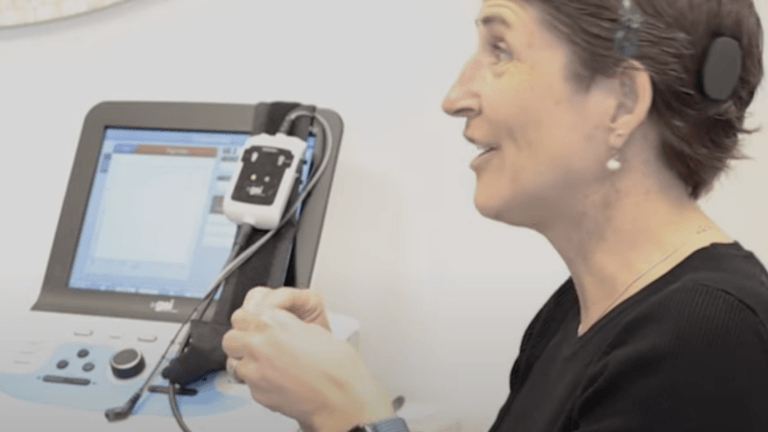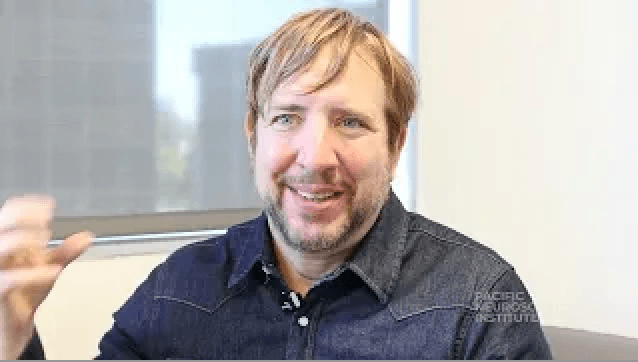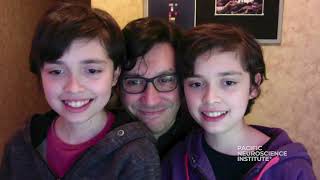

Hearing Restoration Preserves Brain Health
by PNI Experts
by Courtney Voelker, MD, PhD and Rebecca Lewis, AuD

Are you experiencing hearing difficulty?
Did you know that a decline in your hearing affects more than just your ability to access sound? Hearing loss stands as a significant global concern, impacting approximately 466 million individuals worldwide. Projections expect this figure to soar to 630 million by 2030. When left untreated, hearing loss can lead to profound consequences such as social isolation, depression, and cognitive decline, as the brain’s auditory processing regions become underutilized.
What to do next to restore hearing?
Here are some practical steps to safeguard both our auditory capabilities and brain health.
- Regular Hearing Tests: Just as we prioritize routine check-ups for our physical health, regular hearing tests are crucial for early detection and treatment of hearing loss. Your physician will guide you on how often you’ll need a hearing test.
- Protective Hearing Gear: Use earplugs or protective headphones when exposed to loud environments such as concerts or construction sites to prevent noise-induced damage.
- Monitor Device Volume: Maintain comfortable volume levels on devices like TVs and mobile phones to minimize noise exposure.
Getting help with hearing
Hearing aids can be very helpful for amplifying sound. We find that for those who no longer benefit from traditional hearing aids or have hearing loss in just one ear, cochlear implants may be an option. These amazing little electronic devices are implanted into the inner ear (the cochlea) to restore hearing.
At Pacific Neuroscience Institute, our Cochlear Implant Program caters to people of all ages. In addition, our Hearing Aid Recycling Program (HARP) refurbishes donated devices to support individuals with limited resources, ensuring access to essential hearing care.
Transformational results lead to experiencing sound
If you or a loved one is experiencing hearing difficulty, embrace the journey towards improved hearing by scheduling a test with your doctor. Protecting our hearing is not just about preserving sound; it’s about nurturing a brighter, clearer tomorrow for ourselves and those around us.
Adapted from original article in the Santa Monica Star July 2024.
About Dr. Courtney Voelker
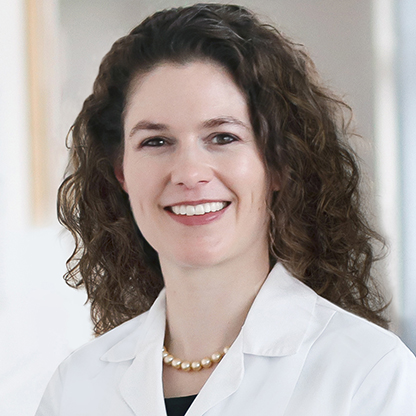
Courtney Voekler, MD, PhD (DPhil Oxon.), is a Rhodes Scholar and board certified neurotologist and cochlear implant surgeon who takes care of adult and pediatric patients seeing a wide range of inner ear and skull base conditions. She developed PNI’s enhanced treatment protocol for the treatment of acoustic neuromas. For qualified patients who suffer hearing loss before or after surgery, a cochlear implant may be placed in the affected ear to restore hearing at the time of tumor removal—a unique feature offered at few institutions.
About Dr. Rebecca Lewis
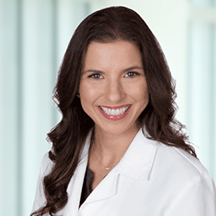
Rebecca Lewis, AuD, is an audiologist and the Audiology Director of the Adult & Pediatric Cochlear Implant Program at Pacific Neuroscience Institute. She also holds the position of Adjunct Professor at Mount Saint Mary University / John Tracey Deaf and Hard of Hearing program. She has provided rehabilitative services including hearing aids, hearing protection, Osseo integrated devices, auditory brainstem implant and cochlear implant (CI) services to adults and children.
Hearing Restoration Clinic Location
11645 Wilshire Blvd., #600, Los Angeles, CA 90025
310-477-5558
Useful Links
- Pacific Eye, Ear & Skull Base Center
- Cochlear Implants
- Hearing Restoration
- Brain Wellness & Lifestyle program
About the Author
PNI Experts
Last updated: September 18th, 2024
